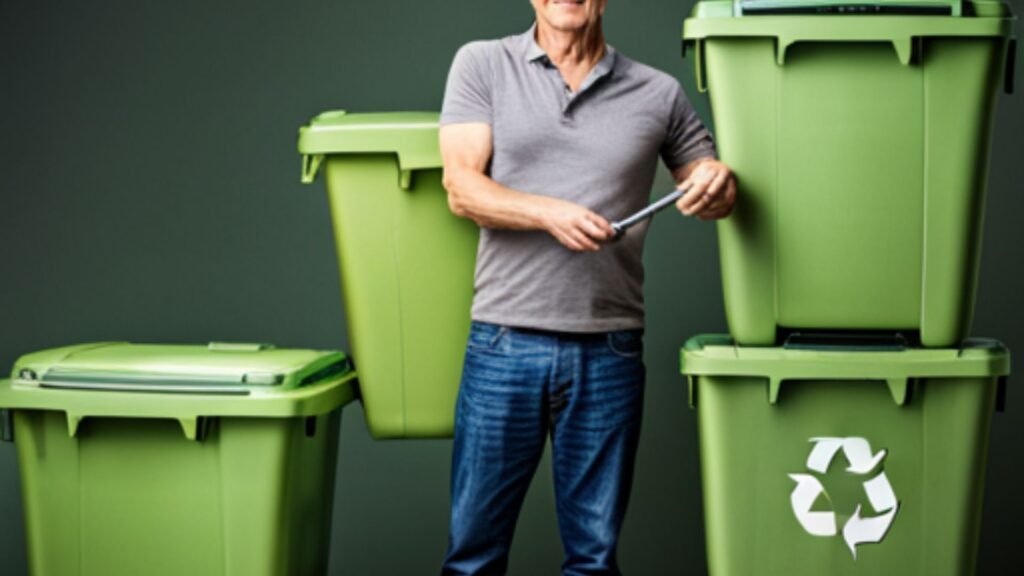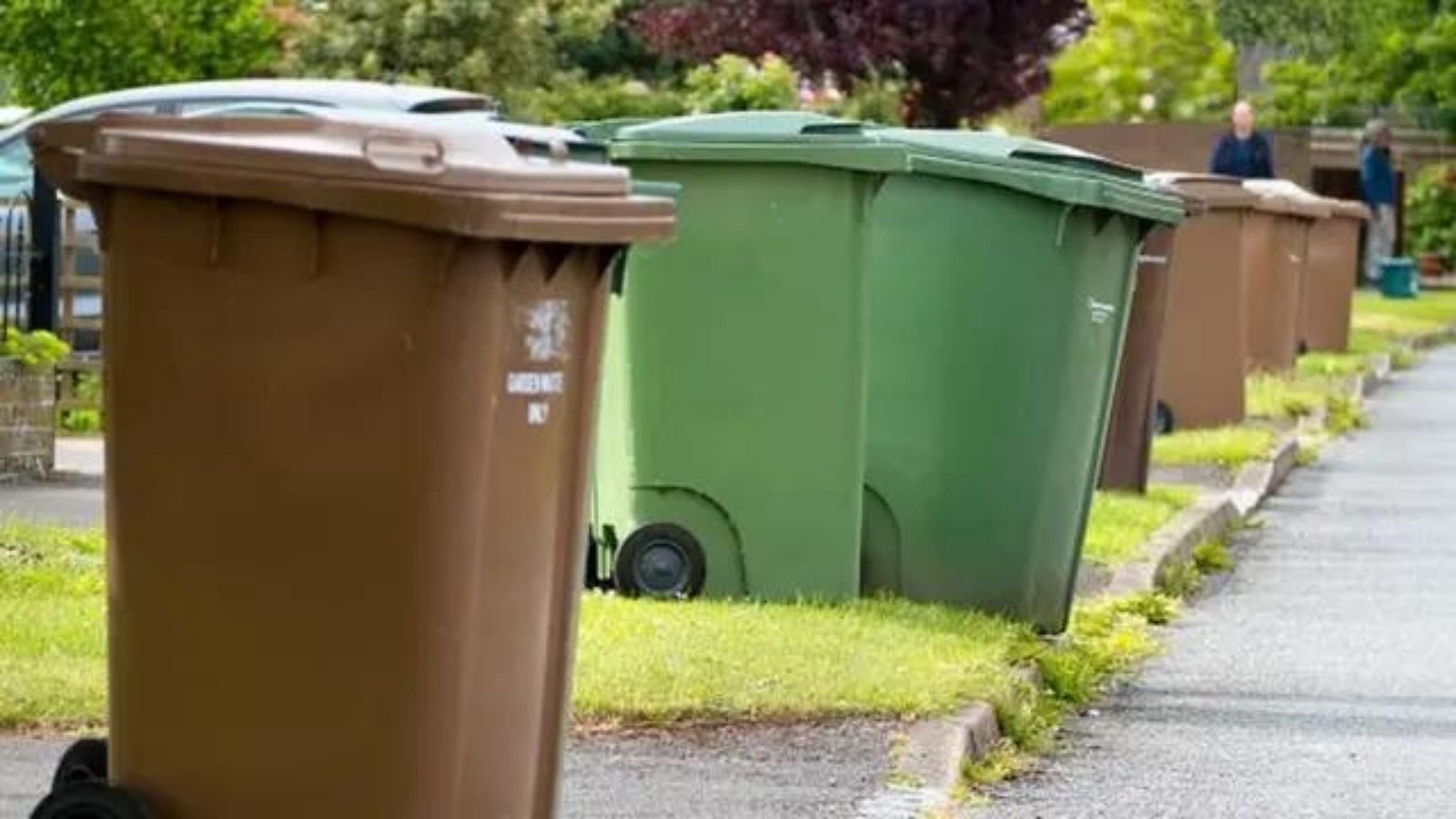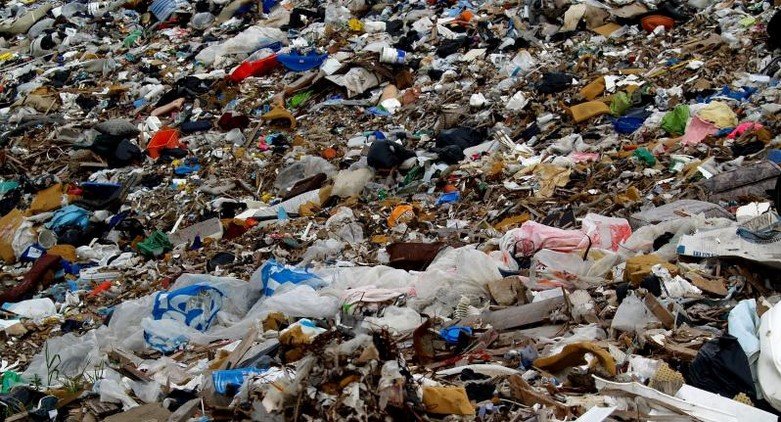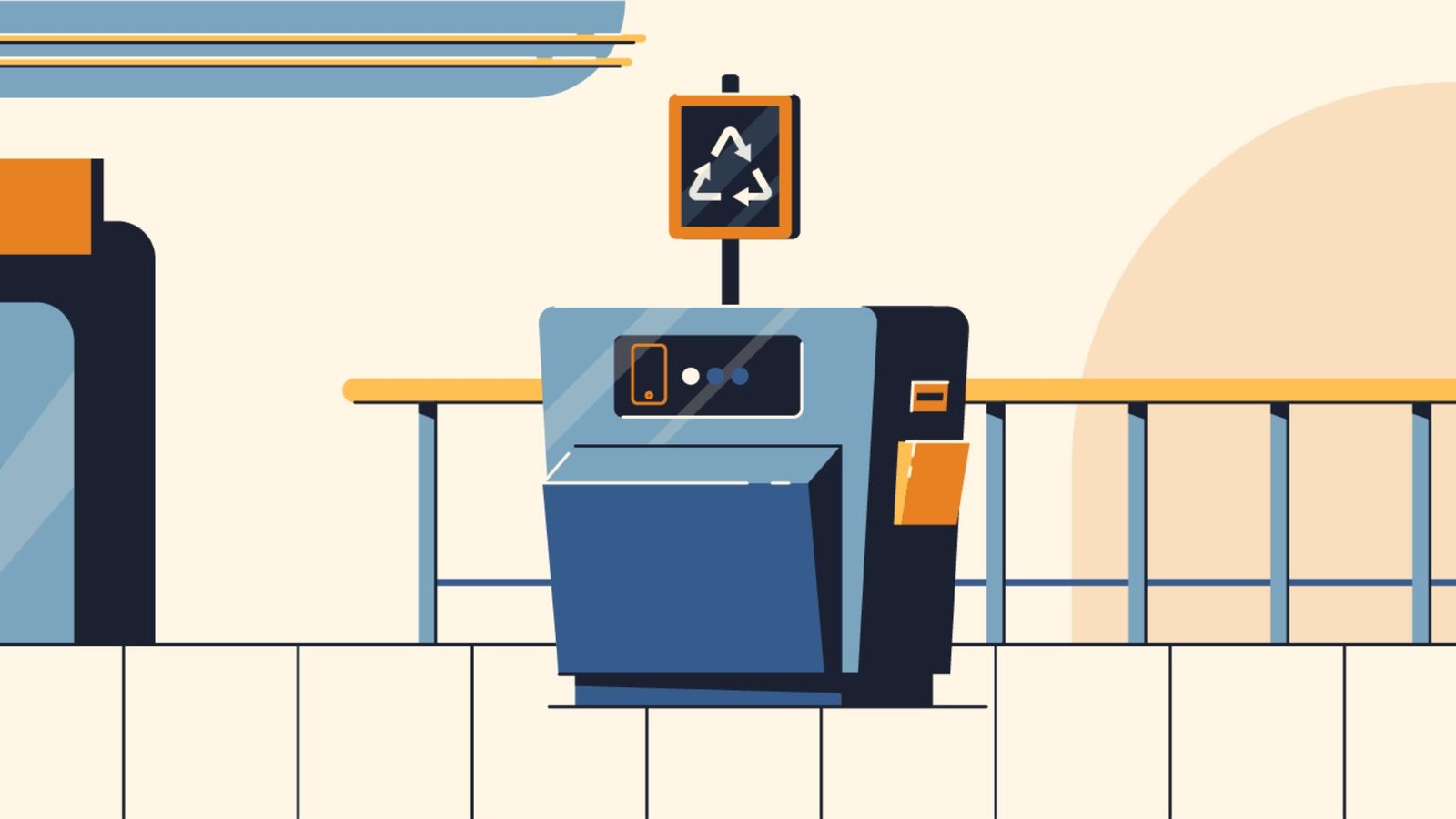Recycling is a key component of effective waste disposal and is essential for promoting sustainability. By converting waste materials into new products, recycling not only reduces the amount of waste sent to landfills but also conserves natural resources. In this post, we will explore how recycling fits into effective waste disposal and its numerous benefits.

1. Reducing Landfill Waste
One of the primary ways recycling contributes to effective waste disposal is by significantly reducing landfill waste.
- Minimizing Waste Volume: When recyclable materials are diverted from landfills, it decreases the overall volume of waste that needs to be managed. This is particularly important as landfills reach capacity.
- Extending Landfill Lifespan: Additionally, reducing the amount of waste in landfills helps extend their lifespan, delaying the need for new landfill sites and minimizing environmental disruption.
By incorporating recycling into waste management strategies, communities can effectively decrease landfill pressure.
2. Conserving Natural Resources
Recycling also plays a vital role in conserving natural resources.
- Resource Recovery: For example, recycling paper reduces the need for logging, which helps preserve forests. Similarly, recycling metals saves energy and reduces the need for mining.
- Energy Savings: Moreover, recycling typically uses less energy compared to producing new materials from raw resources. For instance, recycling aluminum saves up to 95% of the energy required to produce it from bauxite.
By reducing the demand for new resources, recycling contributes to a more sustainable future.
3. Reducing Pollution
Another significant benefit of recycling is its potential to reduce pollution.
- Lowering Emissions: By using recycled materials, manufacturers can reduce greenhouse gas emissions associated with producing new materials. This is especially true in industries like paper and plastic.
- Less Waste in Production: Additionally, recycling minimizes the waste generated during the production process. This can lead to cleaner manufacturing practices and a smaller environmental footprint.
Overall, recycling helps create a cleaner and healthier environment.
4. Promoting Sustainable Economic Practices
Recycling also contributes to sustainable economic practices in various ways.
- Job Creation: The recycling industry generates numerous jobs in collection, processing, and manufacturing. According to studies, recycling creates more jobs per ton of waste than landfilling or incineration.
- Local Economic Growth: Furthermore, promoting recycling can support local businesses that focus on sustainable practices, enhancing community resilience and economic stability.
By integrating recycling into waste disposal, communities can foster economic development while supporting environmental sustainability.
5. Encouraging Responsible Consumer Behavior
Recycling encourages individuals and businesses to adopt more responsible consumer behaviors.
- Awareness and Education: When communities promote recycling, they often engage in educational campaigns that raise awareness about waste management. This can lead to better understanding and participation in recycling programs.
- Behavior Change: As people become more aware of the benefits of recycling, they are more likely to adopt sustainable practices, such as reducing single-use plastics and choosing products with recyclable packaging.
This shift in behavior is crucial for creating a culture of sustainability.
6. Integrating Recycling into Waste Management Systems
For recycling to be effective, it must be integrated into comprehensive waste management systems.
- Infrastructure Development: Communities need to develop the necessary infrastructure, including recycling bins, collection systems, and processing facilities. This ensures that recyclable materials are properly managed.
- Policy Support: Additionally, implementing policies that support recycling, such as mandatory recycling laws and incentives for businesses, can enhance participation and effectiveness.
By creating a supportive framework, communities can maximize the benefits of recycling.
Conclusion
In conclusion, recycling is an integral part of effective waste disposal and plays a crucial role in promoting sustainability. By reducing landfill waste, conserving natural resources, lowering pollution, supporting the economy, and encouraging responsible consumer behavior, recycling helps create a healthier planet. As communities and individuals work together to prioritize recycling, we can significantly improve waste management practices and protect our environment for future generations. Embracing recycling is not just a choice; it is a necessity for a sustainable future.




